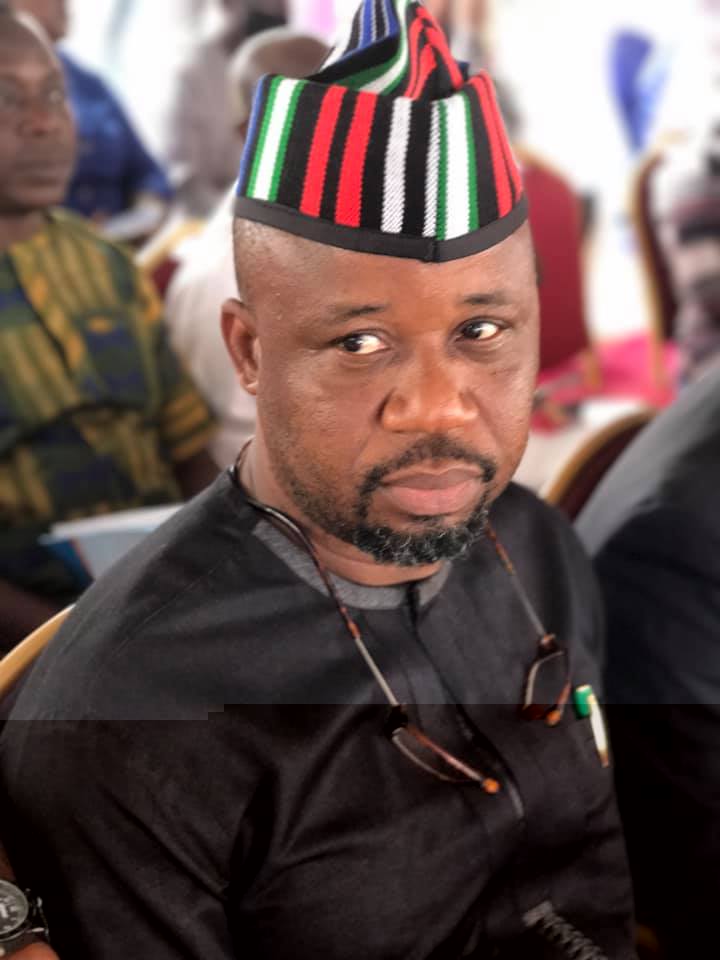Niger Delta
A’Ibom Distributes 100,000 Oil Palm Seedlings To Farmers

The Akwa-Ibom Government has distributed 100,000 oil palm seedlings to farmers in the state to boost oil palm production for the 2021 first planting season.
The Commissioner for Agriculture, Dr Glory Edet, inaugurated the distribution at the nursery site in Itak Ikot Udo in Ikot Ekpene Local Government Area on Wednesday
Edet said that oil palm was one of the oldest crops with economic importance inherited by Akwa – Ibom people and government must continue to encourage farmers in the area.
“This is due to the commitment of the state government to reduce poverty in Akwa- Ibom.
“Gov. Udom Emmanuel is graciously supporting all facets of agriculture, ranging from cultivation of cassava, cocoa, vegetables, rice, animal husbandry and now oil palm.
“The realities on ground in the agriculture sub-sector confirmed the Governor’s promise that before he vacates office, over 80 per cent of what we consume will be produced in the state,’’ she said.
Edet said that the farm inputs were distributed free of charge, adding that in 2020 over 2,000 cassava, vegetables and maize farmers benefited from the state government’s interest free loan.
The commissioner said that the nursery site was one of the government’s demonstration farms.
Edet warned that the farm inputs should not be sold, as defaulters would be sanctioned.
Earlier in his remarks, the State Chairman, All Farmers Association of Nigeria, Mr Bassey Inwang, commended the governor for providing oil palm seedlings to farmers.
Inwang assured government that farmers in the state would contribute their quota to ensure food sufficiency.
The Chairman, National Palm Produce Association of Nigeria, Mr Ernest Ekanem, solicited for more support from government to farmers and pledged they would cultivate the seedlings efficiently.
Niger Delta
Oborevwori Launches Medical Outreach For Children With Special Needs

Niger Delta
UniCal Commits To Nursing Education Dev In C’River

Niger Delta
Agency Demolishes Illegal Roadside Structures In Delta N8 by … Clears Street Traders

-

 Sports2 days ago
Sports2 days ago2026 WC: Nigeria, DR Congo Awaits FIFA Verdict Today
-

 Environment2 days ago
Environment2 days agoOxfam, partners celebrate 5 years of climate governance programmes in Nigeria
-
Politics2 days ago
ADC, PDP, LP Missing As INEC Set For By- Elections In Rivers
-
Politics2 days ago
FG’s Economic Policies Not Working – APC Chieftain
-

 Politics2 days ago
Politics2 days ago2027: Diri Unveils RHA LG Coordinators, APC Congress Panel
-

 Politics2 days ago
Politics2 days agoReps To Meet,’Morrow Over INEC’s 2027 Election Timetable
-

 Politics2 days ago
Politics2 days agoGroup Continues Push For Real Time Election Results Transmission
-
Sports2 days ago
Sunderland Overcome Oxford Challenge

